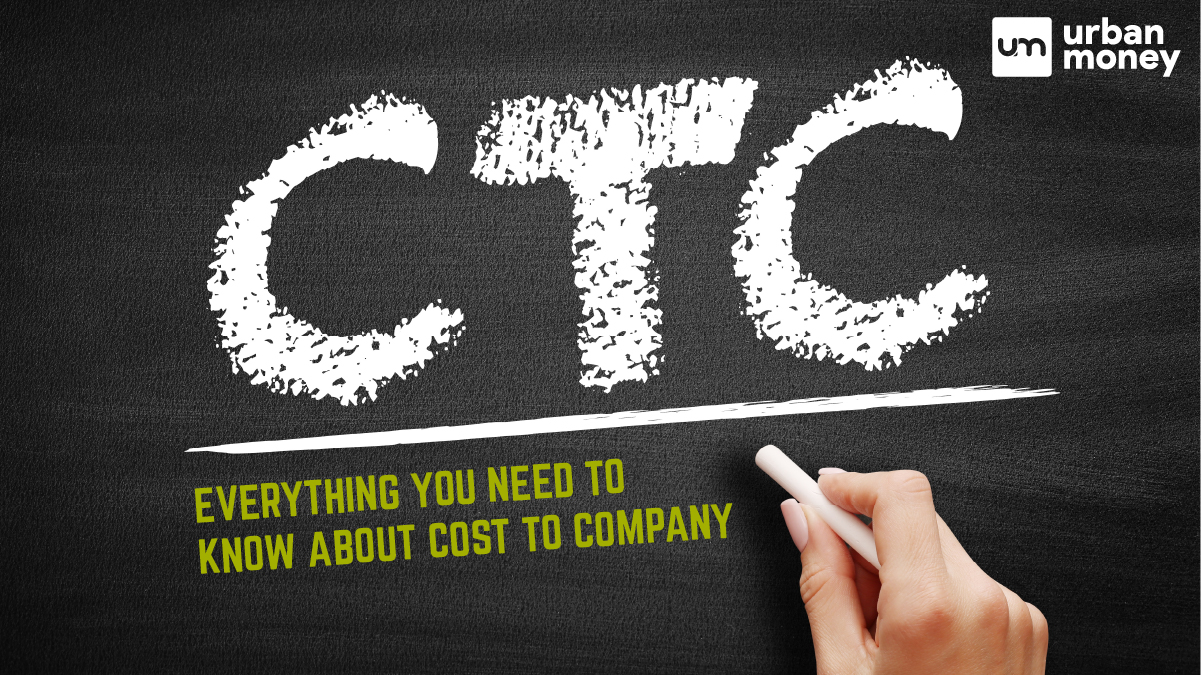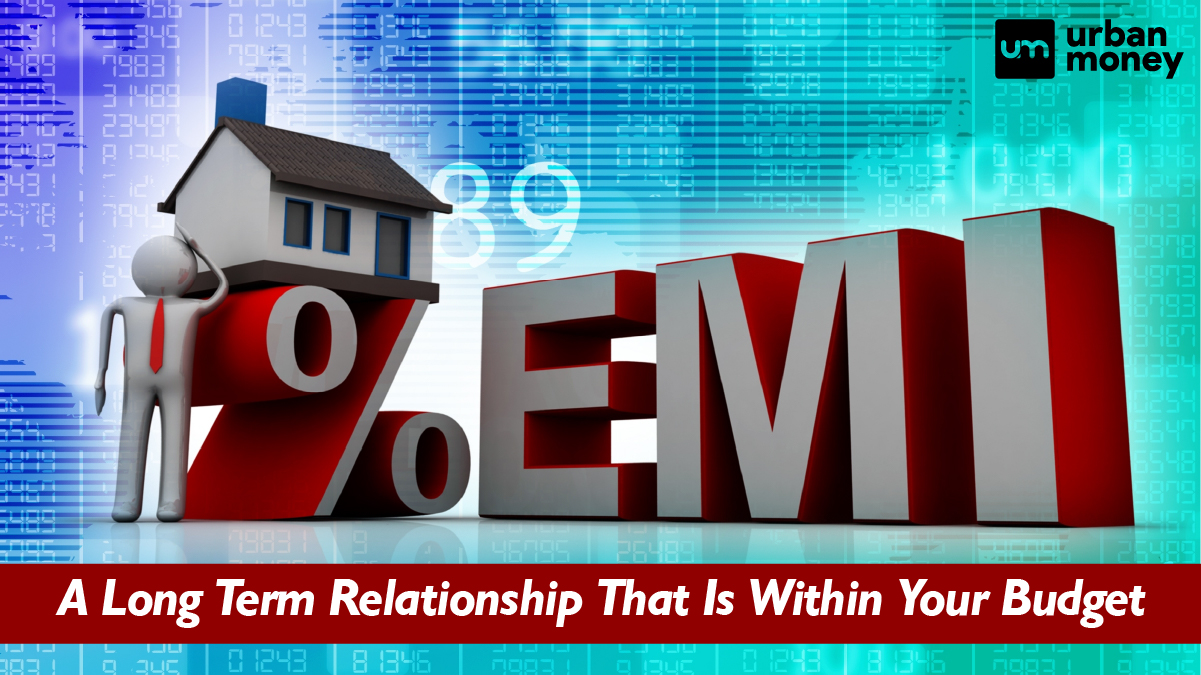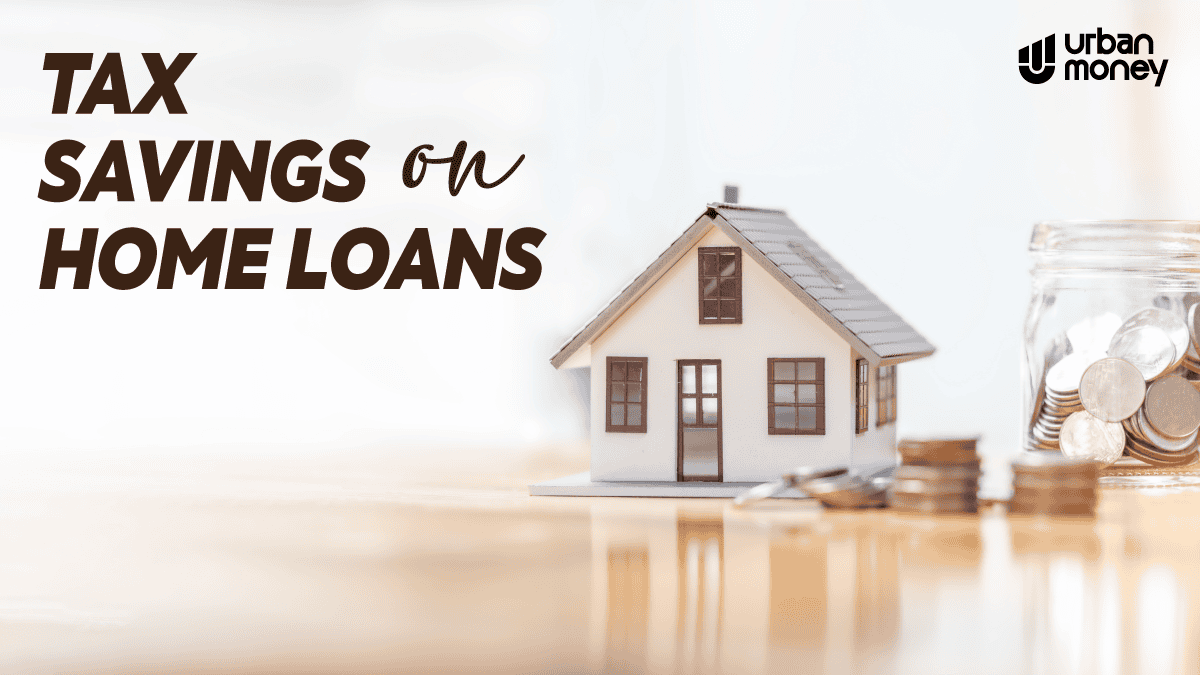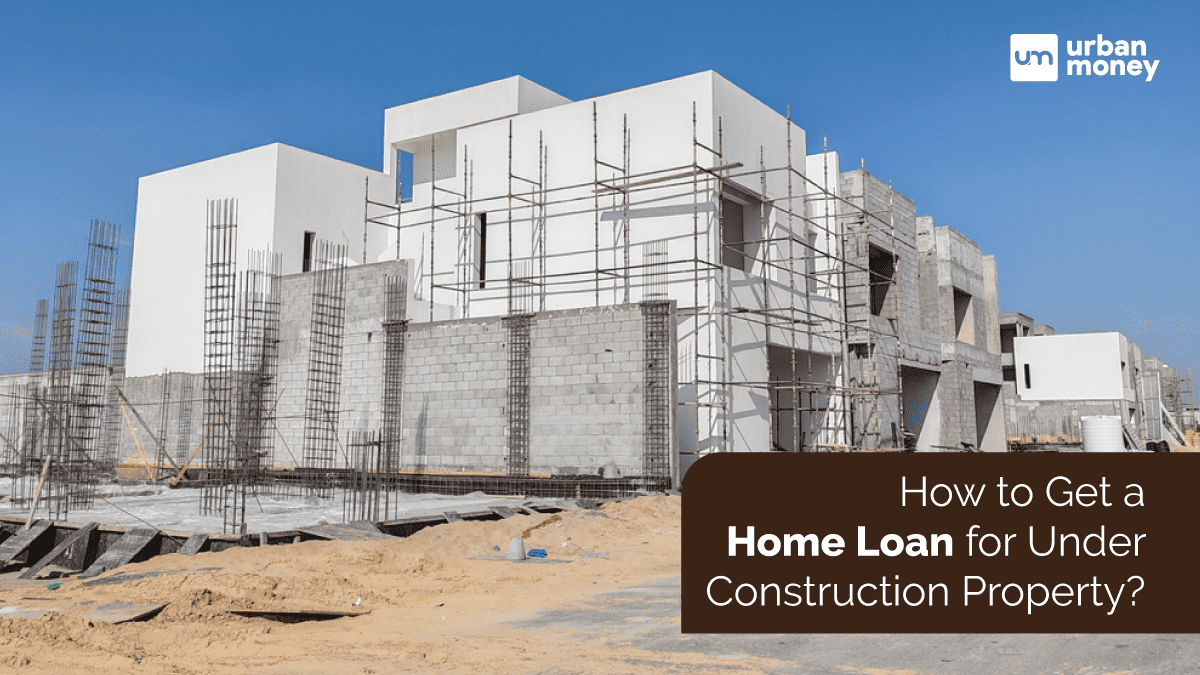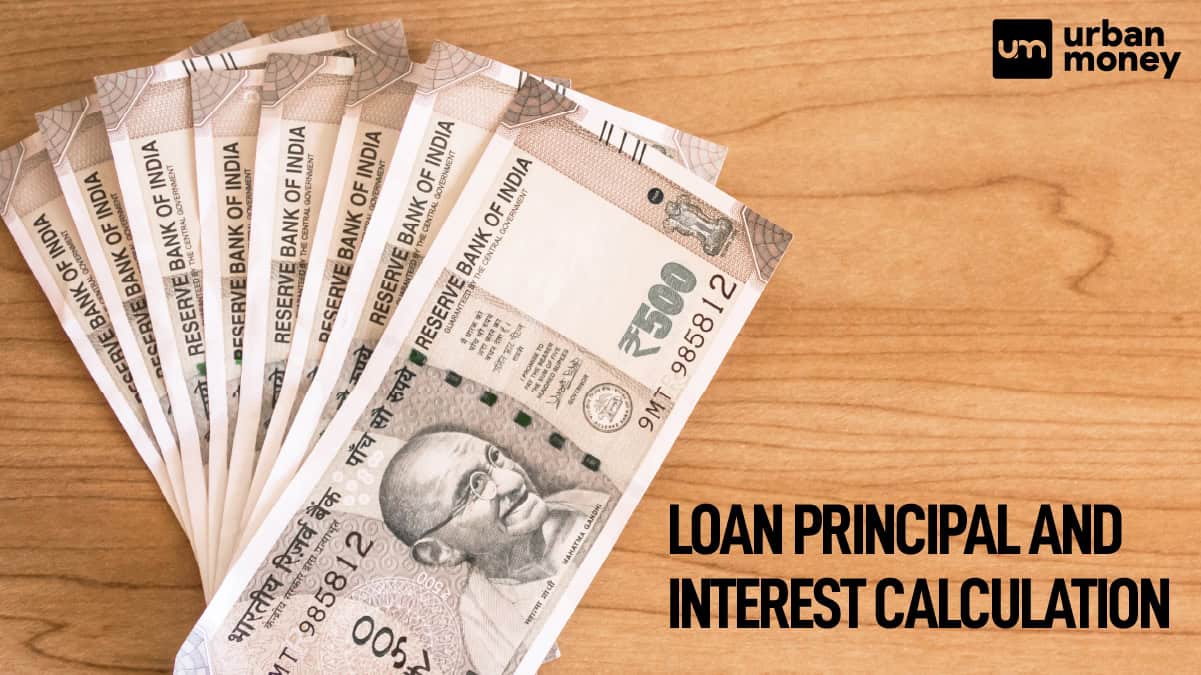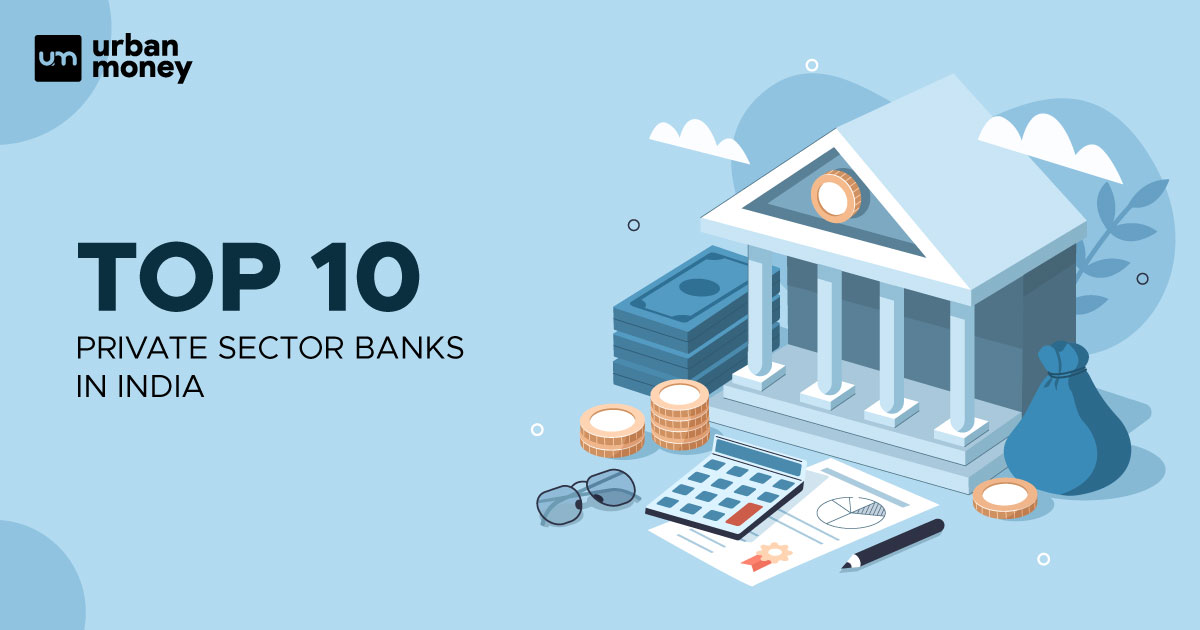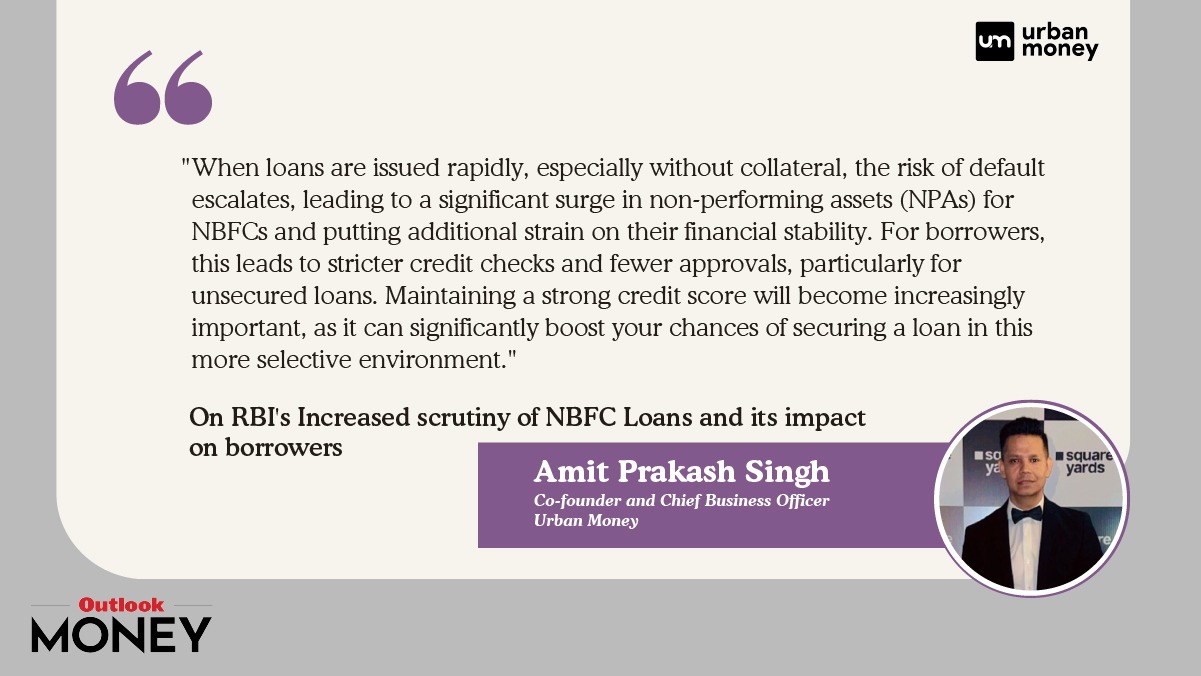Top 10 Best Private Banks in India List 2025
January 09, 2025
Home Loan Archive | Renting vs Buying: Factors to Consider Before Making a Decision

May 05, 2023
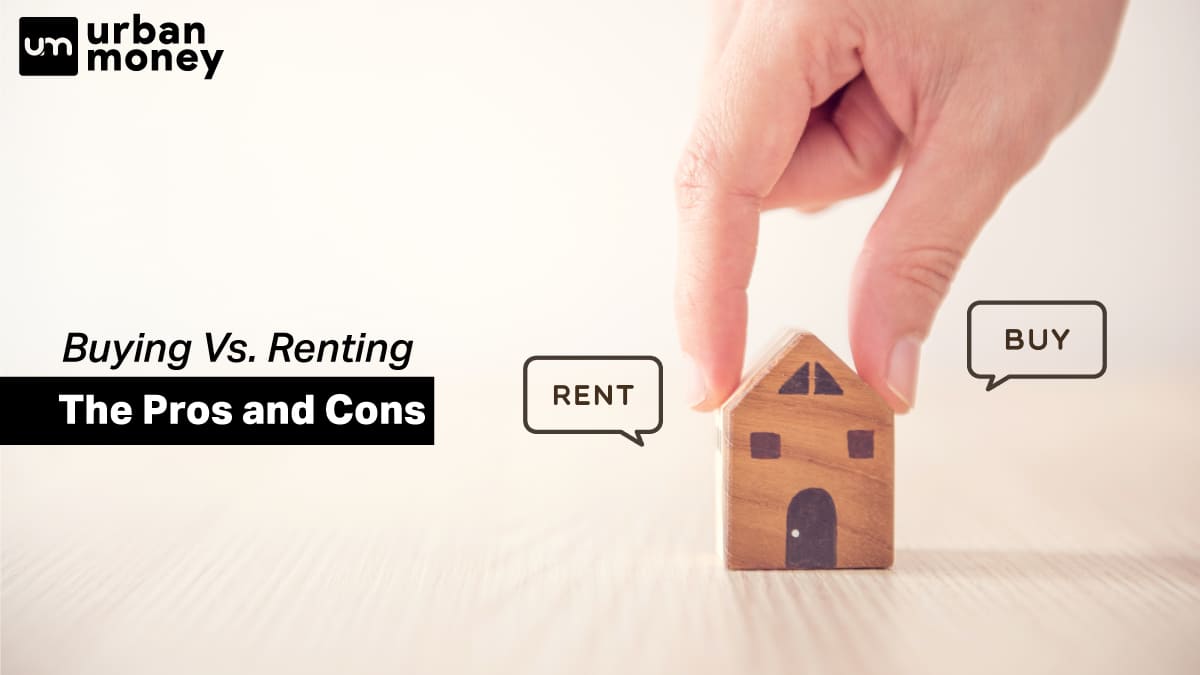

Having a home of one’s own is a significant aspect of living. However, choosing between buying and renting has an effect on your financial situation, way of life, and personal goals. You can choose any of the options based on your way of life and financial situation. Both require a steady income stream (so you can cover the payments and associated costs) and may also require some maintenance work.
But there are a few differences that make owning property much clearer than renting. Because you aren’t necessarily bound to your home and don’t have to perform all the responsibilities that come with homeownership, renting a property offers you more freedom. Even though having a home offers you a sizable return on investment, doing so comes at a sizable expense, both now and over time.
Owning a home isn’t always superior to renting, and renting isn’t always as simple as it seems. We’ll go over some of the key differences between borrowing and buying in this section.
Table of Contents
ToggleThere are several advantages to renting, as it is a very common practice nowadays. Below are some of the advantages:
The most apparent advantage of renting a home is the lower financial outlay in the form of the significantly lower monthly rent as opposed to a sizable down payment required for a property purchase. Add to this the lack of remodelling expenses and the hassle of property upkeep. Ideally, a prospective tenant and the landlord must agree on the terms of the lease before it is signed. The rental agreement must specify the due date for rent payment as well as the length of time it will be considered valid. Ideally, the landlord is not free to break this agreement, but we are aware of dozens of instances where the landlord has gotten away with doing whatever he wanted simply because the renters chose not to challenge him or take him to court.
If your professional obligations mean that you are not required to remain in one location for an extended period of time, there is also little certainty regarding the location that you are likely to choose as your base; eventually, it is simpler to rent a house. What could possibly be worse than buying a home only to discover it is in the wrong city?
It is much safer to choose to rent if you feel that your profile prevents you from wanting to expose yourself to the risk of property investment, particularly if it is for sole financial gain. Buying a piece of property is always a bit of a risk, particularly if it’s a new project or greenfield endeavour. It goes without saying that growing areas will produce higher returns than areas that have already been developed. This does, however, entail some degree of speculation because all the developments you counted on might not materialise or may take much longer than expected, which would make the final Returns on Investment (ROI) less alluring.
There are financial risks associated with interest rate fluctuations and the anticipated return on capital, in addition to the risk associated with making the right investment. Purchasing a property becomes uneconomical if the cost of money invested in it is significantly higher than the anticipated (speculated) return after a certain amount of time.
With advantages come slight disadvantages; listed below are some of the major ones:
Do you want a balcony to host parties? Would you prefer a yard with fencing? Do you want to paint the bedroom a blue-grey colour? There is frequently little you can do to resolve these problems with a renter. You must obtain permission from the landlord before making any major changes to the property, unless such changes are specifically mentioned in the lease. Tenants aren’t always trusted by landlords to make ‘improvements.’ But occasionally they do.
All you take with you when you move out of your rental are your personal belongings, including your furnishings and dishes. Not your equity, but the equity of the land owner, increases.
If your lease is up for renewal, which typically happens every six to twelve months, you may feel comfortable with the amount you’re spending each month, but that could change.
Having a house has always been associated with greater financial stability. For many years, owning a home has represented stability because the value of housing has almost always increased, providing owners with equity as well as a source of credit should the need arise.
But there are also inherent benefits, like authority. You have the option to expand your home to add a bedroom or toilet if your family grows. or make the kitchen larger. Alternately, enlarge your carport to fit more vehicles as your family expands. Owning a home has other cash advantages as well as tax advantages.
According to the Federal Reserve Bank of St. Louis, the typical home price in the United States increased by an astounding 80% between 2012 and 2022. The market expansion generated impressive equity for many landowners who decided to sell during the previous ten years. The total price of homes has historically fluctuated significantly, even experiencing drops or flattening out at times. Although it is rare, homes can lose their value. Long-term, the housing market is a reliable business area.
The COVID-19 had a temporary negative effect on the housing market, according to Mukul Bansal, Director of Motia Group. Additionally, investing in the domestic market is only profitable because mortgage interest rates are at a decade-low level. To aid prospective buyers in making decisions, developers have also provided enticing payment plans. Future homebuyers will benefit from the lower capital expenditure and increased appreciation as the market sentiment strengthens.
Regular mortgage payments, if they are affordable, can guarantee monetary security for homeowners who may have previously struggled with rent prices increasing erratically.
It may eventually make more financial sense to buy rather than rent in the area if you find yourself residing there for an extended period of time. especially if there is development in the neighbourhood and expectations for good percentages of property appreciation are high.
One factor contributing to the increase in home purchases is home equity. A tenant who vacates a rental property will receive their security deposit back but won’t be required to add any additional value to the property.
With a dash of financial uncertainty, the drawbacks of house ownership primarily relate to permanence. A new home costs money to buy, and you must pay for a sizable portion of it up front. There are no assurances that home values will increase later. Additionally, it may take years for your house equity to grow without a sizable down payment.
Owning a house can act as an anchor in addition to money. You might not be able to sell or move at the time you want or for the amount you want if the housing market is weak. Homeownership can be a barrier to moving on to a new job if you are just starting out in your career and are unsure if you want to stay in your current location for a long time.
Let’s look at some of the major disadvantages of buying a home:
A mortgage’s closing costs can range from 2% to 5% of the purchase price, and they include a number of charges like property taxes, mortgage insurance, house inspection, the first year’s homeowner’s insurance premium, title search, title insurance, and points, which are prepaid interest on the mortgage. The cost of those expenses can be recovered in about five years.
If stability is one of the benefits of homeownership, it might be more difficult to accept a job offer that requires you to uproot and move to a new location. The speed at which houses are selling provides a counterbalance to this worry.
For those who attempt it for the first time, bending over to squeeze under the kitchen sink to fix a leak is a joy (not). But if you own a home, you are in charge of making repairs, particularly if you want to do it yourself like Bob Vila to save money. Certain things do require expert help. If the air conditioner breaks down, you’ll have to pay to get the cool air flowing once more, in addition to sweating until it’s repaired. Some people like to mow the grass, while others don’t. Owning a property involves doing things like that, painting the house, trimming the bushes, cleaning the gutters, and shovelling snow.
You must continue paying your mortgage and maintaining your house even as you attempt to sell it. If you purchase another property before selling yours, you will have to pay for two properties. However, the post-COVID sales fervour did assist homeowners in selling their homes more quickly.
You don’t want to become immobilised by the fear that comes with making significant financial choices. You can determine if this is a wise choice at this time with the assistance of InCharge Debt Solutions by considering all the options.
If credit problems get in the way of you getting a mortgage, Urban Money can make you a better candidate and lower your monthly expenses. Investigate credit card debt relief options as a first step to releasing your finances for a home purchase.
In order to determine how much house you can afford, an Urban Money mortgage calculator can help you sort through expenses and budgets. If you rent, you can perform comparable budgeting calculations using the rent or purchase calculator.
For those interested in becoming homeowners, taking online classes in homebuyer education can be a good starting point. You will gain more knowledge of the house-buying process, including how to finance and afford a home over the long term, as well as how to get ready for home ownership.










© 2025 www.urbanmoney.com. All rights reserved.

Need Loan Assistance?

Thank you for showing your interest. Our agent will get in touch with you soon.





